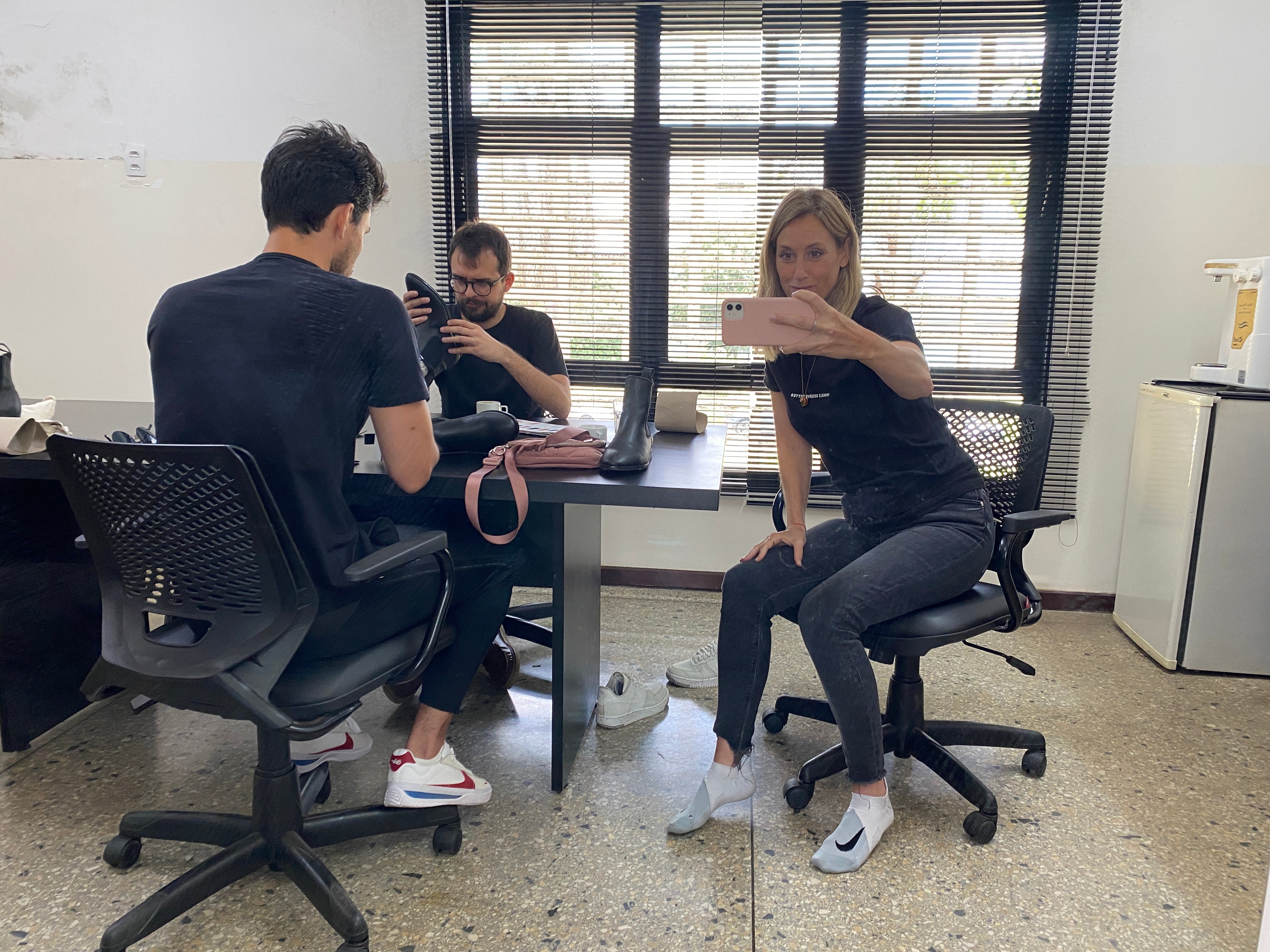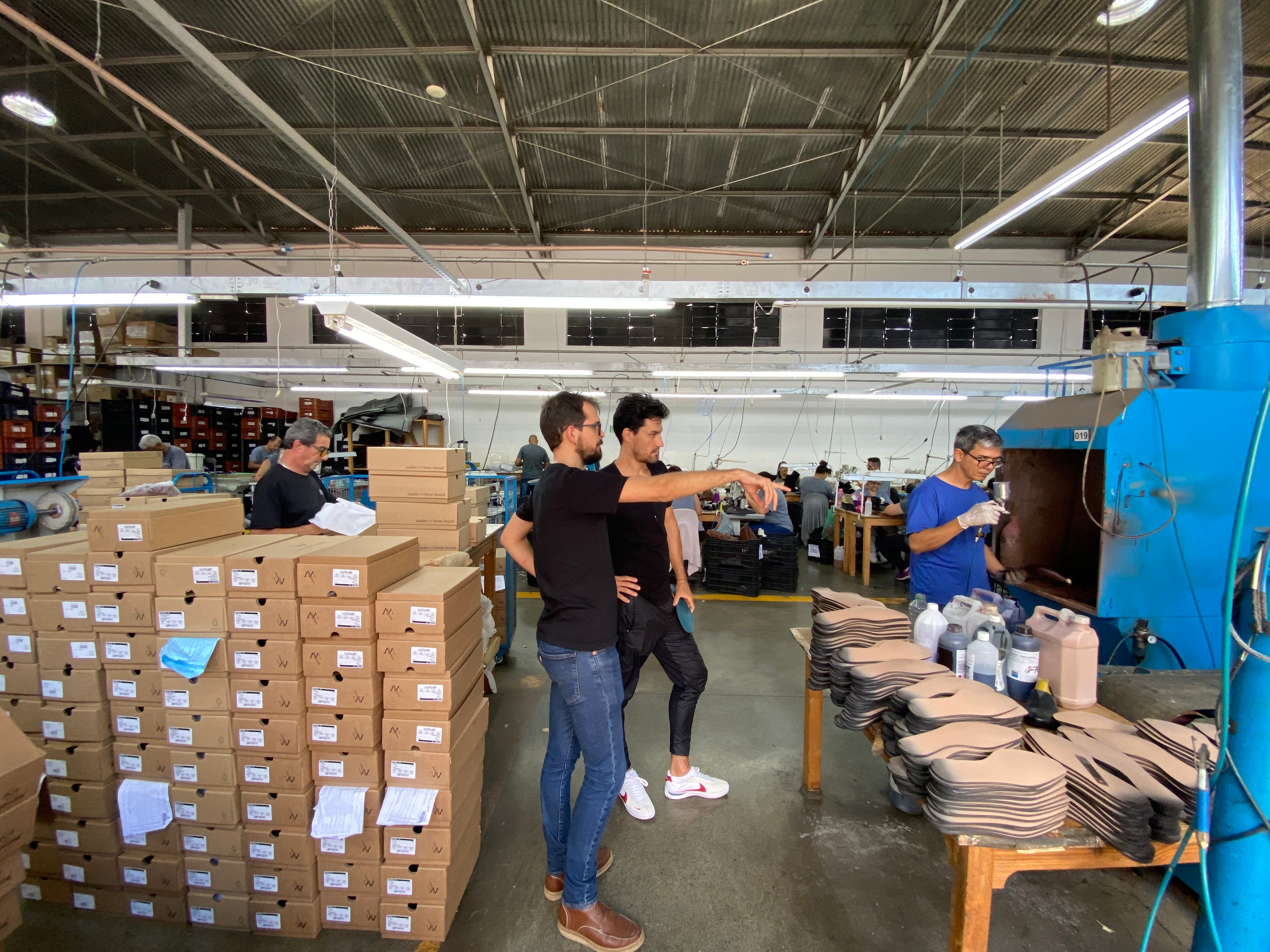Exploring the Pros and Cons of PU Vegan Leather Material
In recent years, there has been a growing interest in sustainable and cruelty-free alternatives to traditional animal-derived leather. One such alternative is polyurethane (PU) vegan leather, a synthetic non leather material designed to mimic the look and feel of genuine leather. While PU (polyurethane) vegan leather material has gained popularity in various industries, it is important to consider its pros and cons to make informed choices about its usage.
Pros of PU Vegan Leather [polyurethane material]:
-
Animal-friendly: PU vegan leather is entirely free from animal products, making it a compassionate choice for those who oppose animal cruelty. It provides an ethical alternative to genuine leather, which often involves the use of animal skins.
-
Versatility: PU vegan leather offers great versatility in terms of texture, color, and finishes. It can be easily manipulated to resemble different types of genuine leather, including smooth or textured surfaces, glossy or matte finishes, and various colors.
-
Cost-effective: Compared to genuine leather, or nappa leather, PU vegan leather is generally more affordable. Its production involves synthetic materials, making it more cost-effective to manufacture, resulting in lower price points for consumers.
-
Durability: PU vegan leather material is known for its durability. It can withstand wear and tear better than some genuine leather products, making it suitable for a wide range of applications, including furniture upholstery, clothing, and accessories.
-
Water-resistant: Unlike genuine leather, which is prone to water damage and staining, PU vegan non leather material is typically water-resistant. This quality makes it more practical for everyday use, as it can be easily wiped clean and doesn't require special care.
Cons of PU Vegan Leather:
-
Environmental impact: Although PU vegan leather is free from animal-derived materials, its production still involves the use of petroleum-based chemicals. The manufacturing process can release harmful substances and contribute to pollution if not properly regulated. It is crucial to seek out brands that prioritize sustainable and eco-friendly practices.
-
Breathability: PU vegan leather tends to be less breathable than genuine leather, or nappa leather. This can result in reduced comfort when used in applications such as shoes or clothing, particularly in warmer climates or during extended periods of wear.
-
Longevity: While PU vegan leather is durable, it may not possess the same longevity as genuine leather. Over time, it can show signs of wear and may peel or crack, especially if exposed to excessive heat or moisture.
-
Limited biodegradability: PU vegan leather material is not biodegradable, as it is made from synthetic materials. This poses challenges for waste management and contributes to the accumulation of non-biodegradable materials in landfills.
PU vegan leather offers a range of advantages as a cruelty-free and versatile alternative to genuine leather. Its affordability, durability, and water-resistant properties make it a viable choice for various applications. However, it is essential to consider the environmental impact and potential drawbacks, such as limited breathability and longevity. By supporting brands like ours at Voes & Co that prioritize sustainable production methods and responsible disposal, we can help mitigate some of the disadvantages associated with PU vegan leather. Ultimately, informed consumer choices will drive innovation and the development of more sustainable alternatives in the future.


